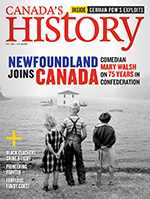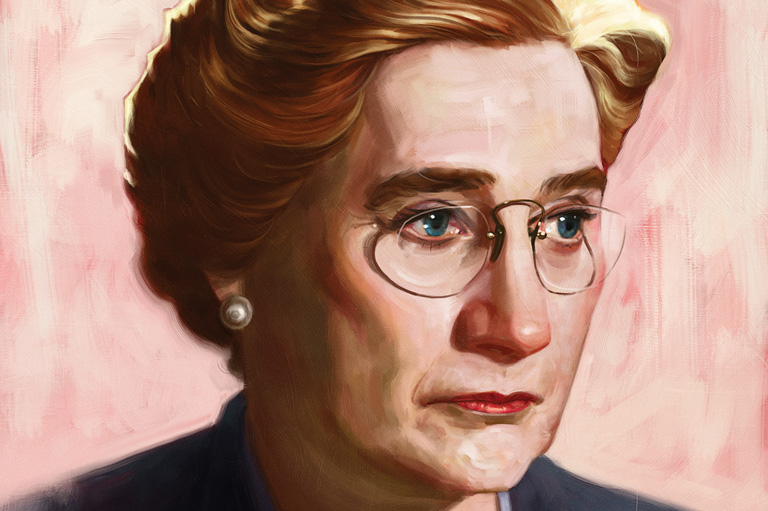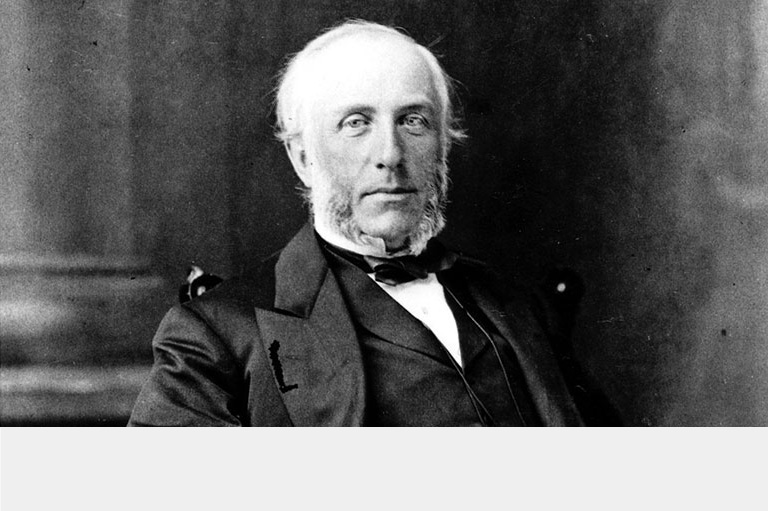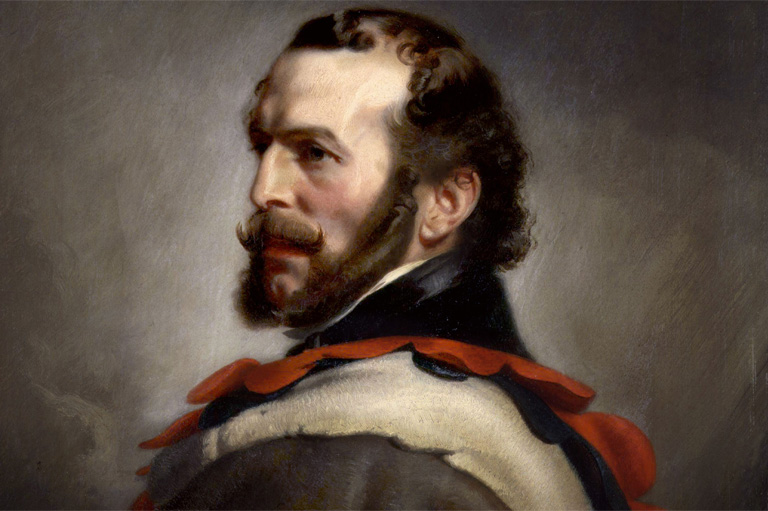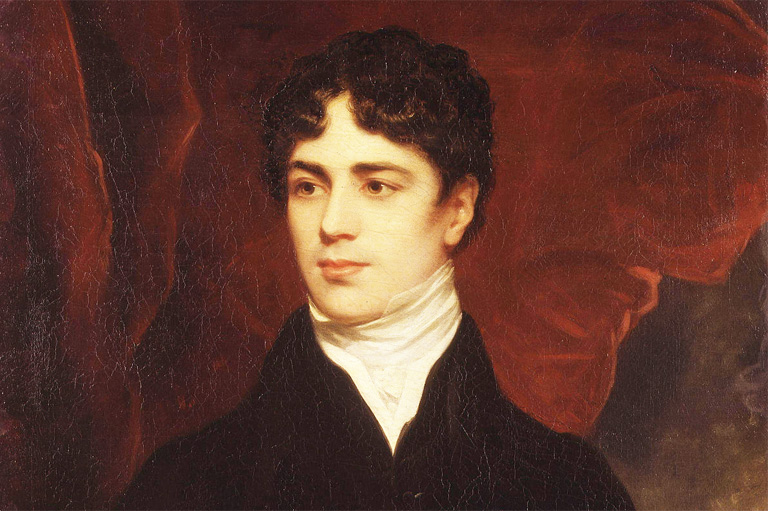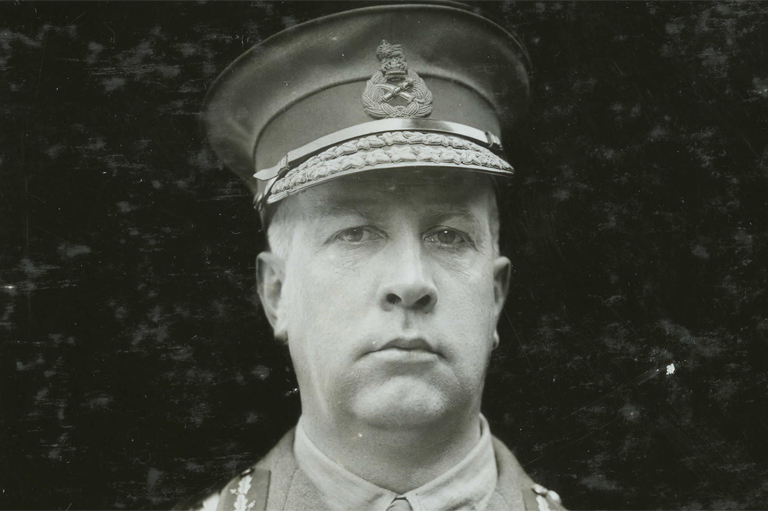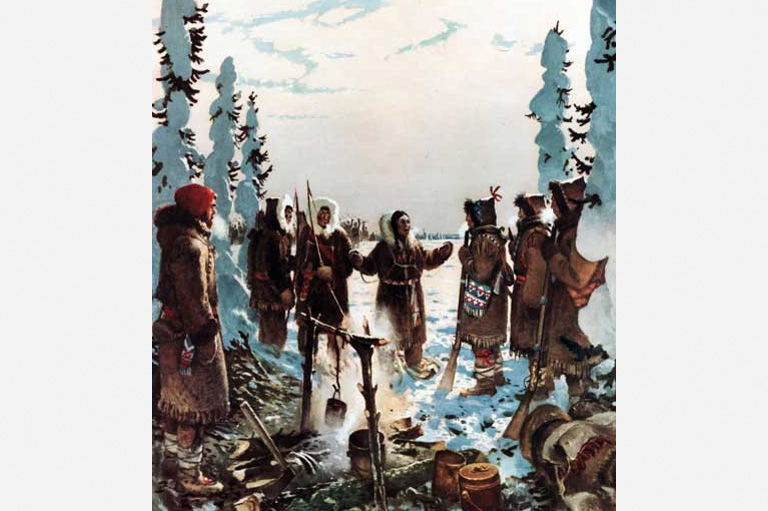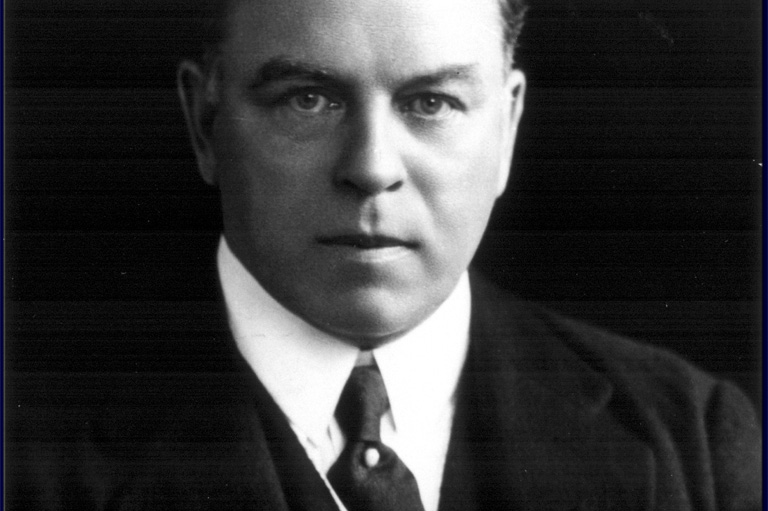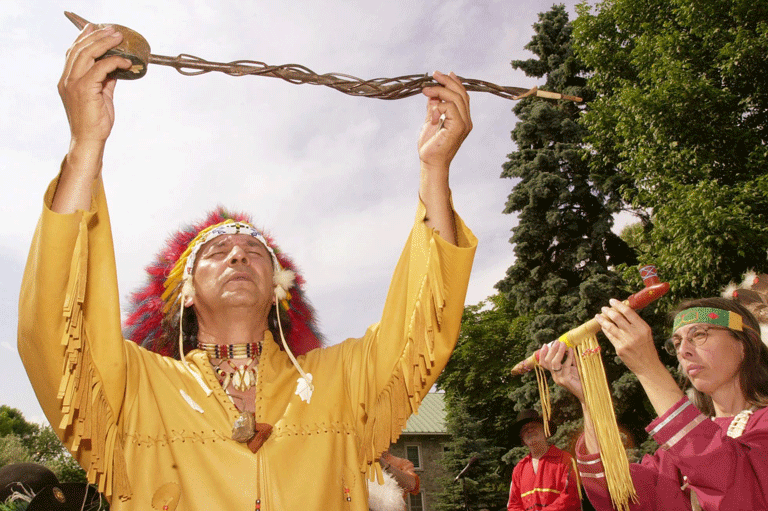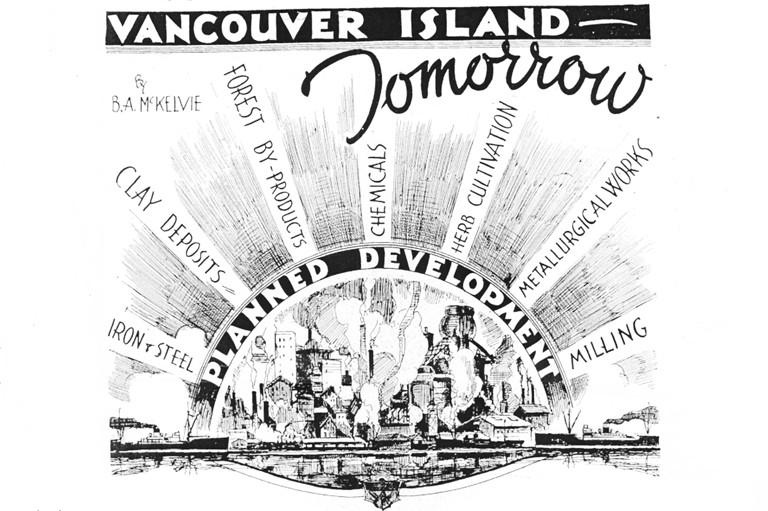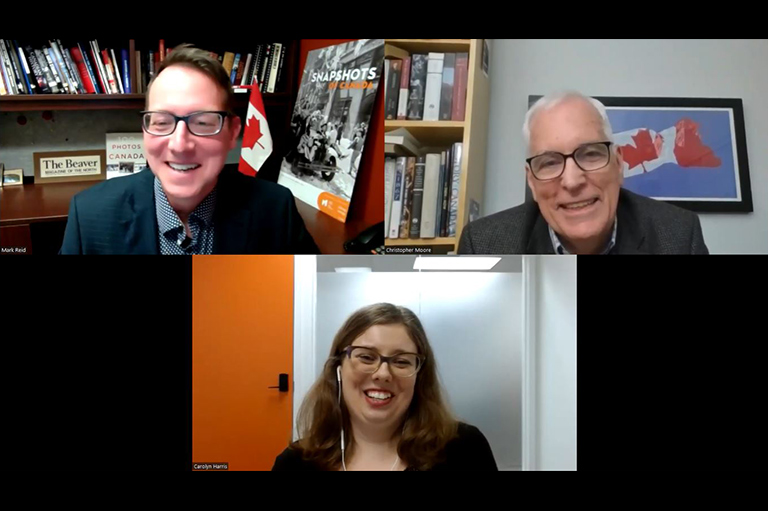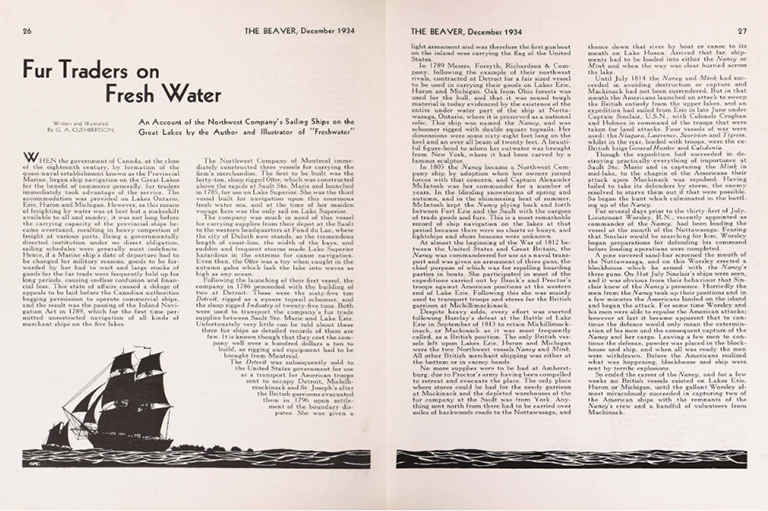Discover a wealth of interesting, entertaining and informative stories in each issue, delivered to you six times per year.
History Idol: Tommy Douglas
Beating out Terry Fox, Pierre Trudeau, and Frederick Banting to be named the Greatest Canadian in a CBC poll is quite an accomplishment.
Tommy Douglas — who was at times labelled a “Red” and a “Communist” by his political opponents — won the honour largely for his belief that every Canadian deserved the right to have quality health care, regardless of their economic or social situation.
This conviction likely stemmed from his social gospel roots in Manitoba, and continued during his days as Premier of Saskatchewan and later as leader of the federal NDP.
“The Father of Medicare” saw his Medicare plan enacted in Saskatchewan in 1962 and later by the federal Pearson government in 1966. His social activism inspired many Canadians from coast to coast, including a conservative-minded history student from Nova Scotia.
Margaret Conrad is an honourary research professor at the University of New Brunswick. She became an Officer of the Order of Canada in 2004 and is a director of Canada’s History Society.
Conrad was a member of the Progressive Conservative Students Society at Acadia University in the late 1960s when she witnessed a speech given by Douglas. This experience turned her personal politics on its head. “He captured everyone in the room no matter what their political affiliation was,” she says.
She says she’ll never forget Douglas’s comments on social justice. He said, “Social justice is like taking a bath. You have to do it every day or pretty soon you start to stink.”
To Conrad, Douglas was defined by his altruism and his belief that the role of government is to help create a better society and a better Canada.
“I see him as one of the greats of Canadian history.”
Sign up for any of our newsletters and be eligible to win one of many book prizes available.
Timeline
1904
Tommy Douglas is born in Falkirk, Scotland on Oct. 20, 1904. Six years later, he immigrates to Canada with his family, settling in the booming railroad city of Winnipeg.
1924
He enters Brandon College in 1924, to study theology. Among the golden wheat fields of Western Manitoba, he meets Stanley Knowles, who becomes a life-long friend and political ally. His fellow students and professors introduce Douglas to the ideas of the social gospel. These ideas will become the keystone of his life and his politics.
1932
With the Great Depression raging through drought-ravaged Saskatchewan, Douglas witnesses great human suffering first hand. Seeing farmers unable to afford medical care for their families, he joins the Saskatchewan Labour Party in 1932, believing he could do more as a politician than as a priest. The SLP forms the backbone for the creation of the Cooperative Commonwealth Federation.
1935
Three years later, Douglas becomes one of the first CCF Members of Parliament, the beginning of a nine-year run as an MP. The fiery debates of Parliament give him a chance to polish his oratory skills that had served him in the pulpit. The CCF is constantly in conflict with the established Liberal and Conservative parties and Douglas dives into these debates headfirst.
1944
With the leadership of the Saskatchewan provincial CCF vacant, Douglas returns home in 1942 to lead the party. He leads the CCF to a resounding victory in the 1944 provincial election, kicking off five terms as Premier of Saskatchewan. His government is the first social democratic government elected in North America. The opposition derides him as a communist or worse, but Douglas sets out modernize rural Saskatchewan. He brings electricity to family farms and provides a much needed expansion of health care in the province.
1959
Tommy Douglas had long been a believer in universal health care, a belief borne out of his social gospel background and seeing farmers unable to afford health care during the Great Depression. 1959 is the year that Douglas is finally able to make his Medicare plan public. His plan covers every person in Saskatchewan with pre-paid, publicly administered health care. Saskatchewan doctors and Douglas’ political opponents attack the plan viciously. Yet by the time Medicare is adopted in Saskatchewan in 1962, these attacks dissipate. Douglas does not see Medicare implemented under his watch, as he leaves provincial politics in 1961.
1961
By 1960, the national CCF has fallen on hard times. The party’s brain trust decides that the only way it can be saved is to develop a relationship with the Canadian labour movement. Out of the ashes of the CCF, the New Democratic Party rose in 1961 with Tommy Douglas as its national leader. Douglas leads the NDP from its birth until 1971. He continues to serve as an MP until he retires from politics in 1979. In 1966, the Pearson Liberal government enacts a national Medicare scheme whose basis is the success of Douglas’ Saskatchewan Medicare plan.
1986
Tommy Douglas dies of cancer, in Ottawa, on Feb. 24, 1986. He is 81 years old.
2004
On Nov. 29, 2004, Tommy Douglas is named The Greatest Canadian of all time by voters across Canada. Douglas’ social democratic legacy is widely appreciated by people from coast to coast and his legacy can be seen in the social and medical programs that serve Canadians.
We hope you will help us continue to share fascinating stories about Canada’s past.
We highlight our nation’s diverse past by telling stories that illuminate the people, places, and events that unite us as Canadians, and by making those stories accessible to everyone through our free online content.
Canada’s History is a registered charity that depends on contributions from readers like you to share inspiring and informative stories with students and citizens of all ages — award-winning stories written by Canada’s top historians, authors, journalists, and history enthusiasts.
Any amount helps, or better yet, start a monthly donation today. Your support makes all the difference. Thank you!

